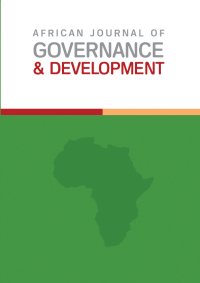A Review of Democracy and Development in Africa
Main Article Content
Abstract
The African continent and many developing countries have for the past two decades been involved in the democratisation processes, as democracy is gradually being accepted as the political ideology that can better inform internal and external socio-political and economic relations as a vector for state development. Despite the existing political will in most African states,
a fundamental element for democratisation, most countries in Africa lack the necessary tools for democracy and development. Undeveloped human resources, rural infrastructure, and political institutions are some of the illustrative examples that hinder democracy and development processes. The combination of these factors and others are subject of debate among policy makers, academics and researchers. In the pursuit of this debate, the view about the democratisation and development processes of the African continent is polarised. In this polarisation are those optimistic about the future and those whose view about Africa is, increasingly, negative – the afropessimists. This debate, however, puts the actors in a quandary to give priority to democracy or development, which are on their own, the necessary and encompassing elements for the process. As Manyasa (2008: 39) pointed out, “democracy, [like development…] generated controversy in equal measure as more people and society on the continent interrogate the concept.” Thus, despite the challenges of different geneses, there is hope for a better African State than what the opponents of this view would posit.
Article Details

This work is licensed under a Creative Commons Attribution-NonCommercial-NoDerivatives 4.0 International License.
